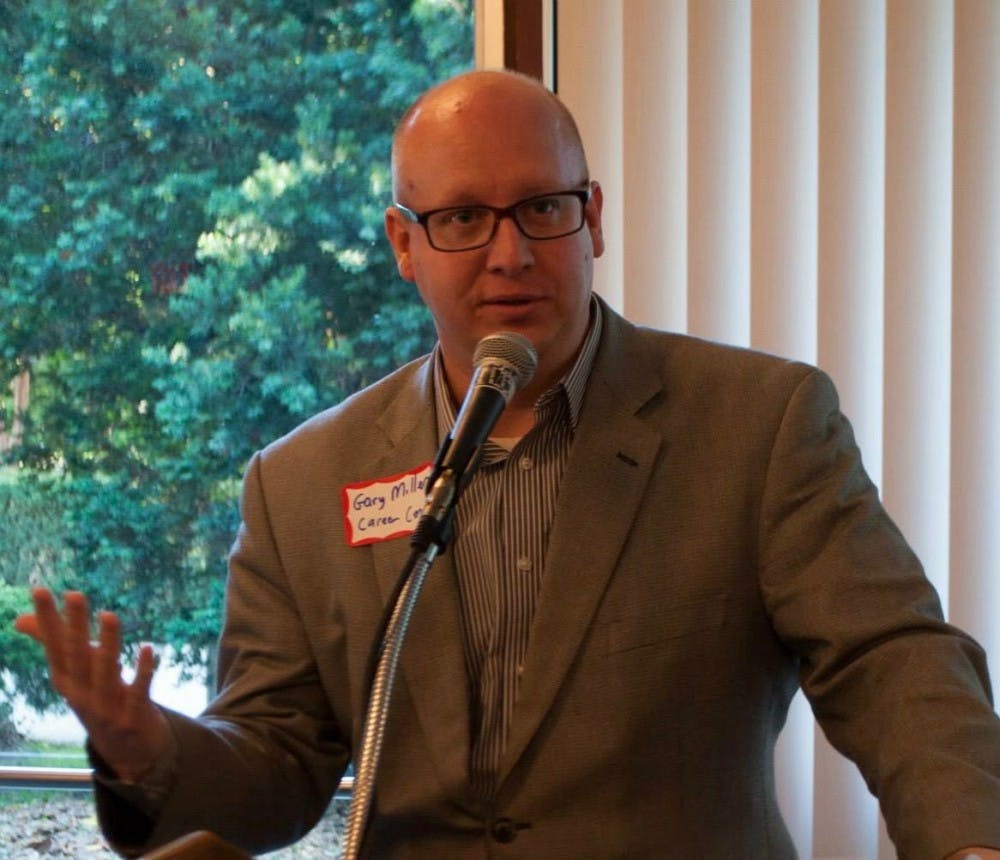Due to the ease of creating professional profiles online, students are planning for their careers earlier than ever. But how necessary is LinkedIn, anyway? And what should students be doing to make themselves attractive job applicants? They should be constructing a narrative, Gary Miller said.
Gary Miller is the director of University Career Services. Staff Writer Emily Galvin spoke to Miller about how students can prepare for a career after UNC.
The Daily Tar Heel: What is the most frequent question asked by students, and how do you answer it?
Gary Miller: There’s one category around exploration, and that’s usually what to study and what that might lead to, or if they’ve selected a program of study, what options they have with that. Most students are pretty surprised by how many options they actually have.
The second big category is how to best tell their story. At Carolina, there are a lot of very active and involved students, so they come to us a lot to try to gain clarity about how to best tell that story. Sometimes that’s in the form of a resume. Sometimes that’s in the form of interview preparation or personal statements, but a lot of times it’s just reflecting, building meaning and making a narrative for themselves.
DTH: How can a first-year best prepare for the job market? How about a senior?
GM: One thing that’s changed a lot over the last 10 years or so is the pace at which people need to be thinking about career stuff. It used to be that people could do an internship by their senior year and call it good, and now people need to take a lot of earlier action. For a first-year, there’s still time to explore and investigate what interests you, but I think the most important thing for a first-year is just starting to understand your skills and apply them somewhere so that you have things to build on. Undertaking that process of self-understanding and application.
For seniors, honestly, it’s about being super active, and it looks different for different industries. For some students there’s going to be a whole lot of on-campus activity in the fall. For other students there’s going to be a whole year of networking building up to job applications two weeks before they graduate. It’s about understanding what’s needed for where you want to go and being really engaged in that.
DTH: There seems to have been a rise of LinkedIn usage by students. Is LinkedIn even necessary? Do employment prospects look at it, or is it more of a social platform?



